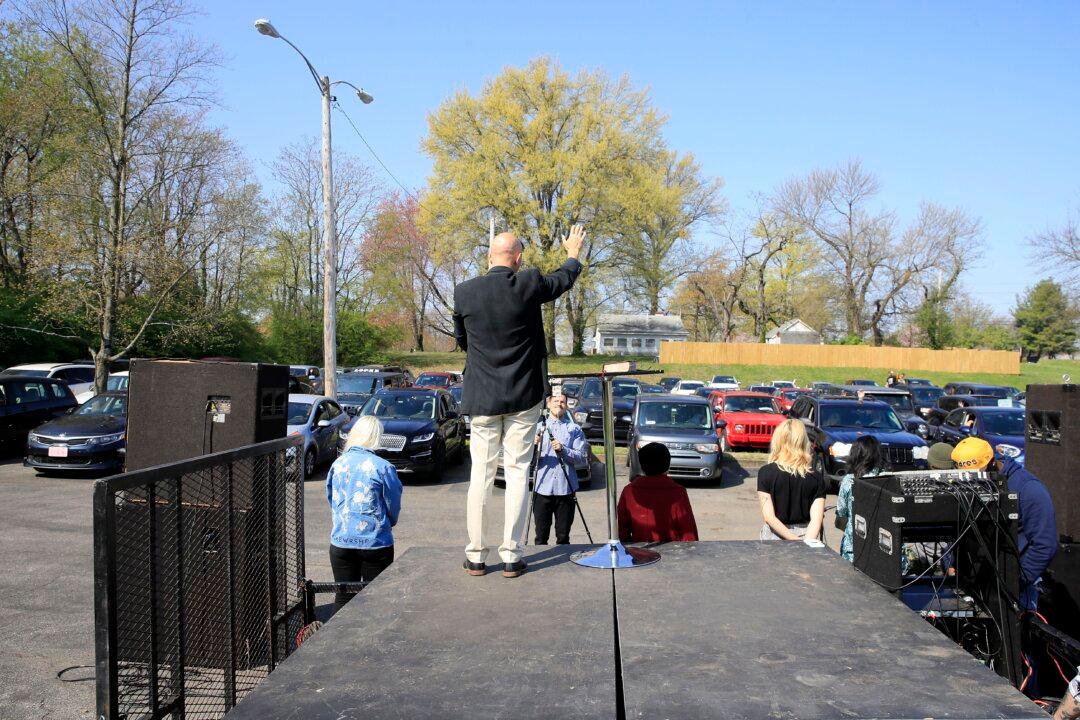A federal judge has allowed California to enforce its ban on in-person religious services in the interest of public health amid the CCP virus pandemic.
Judge John Mendez of the U.S. District Court for the Eastern District of California on Tuesday denied Cross Culture Christian Center’s request for relief from state and county stay-at-home orders that require residents to remain in their places of residence and prohibit gatherings deemed non-essential.




